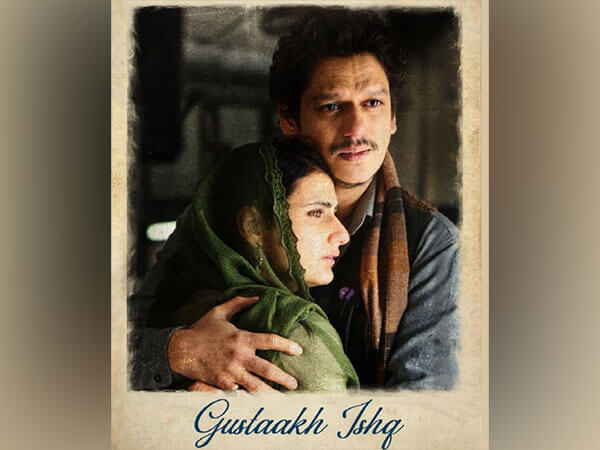Sonu Nigam row: Mumbai's mosques, temples deny violating norms
Tue 18 Apr 2017, 15:05:10
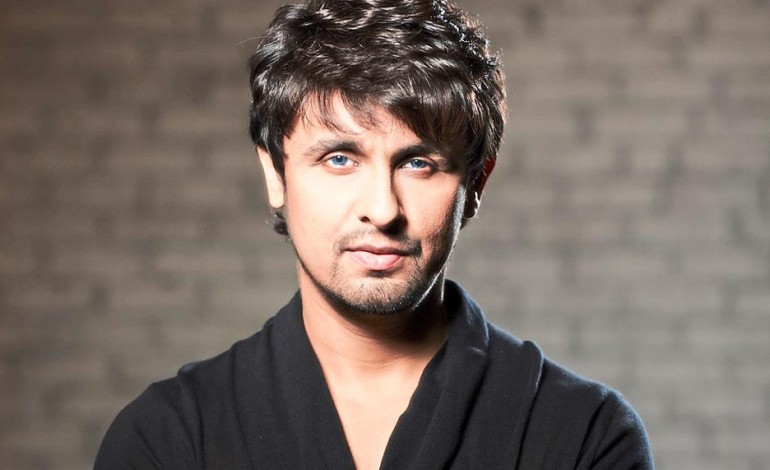
Representatives of various mosques, dargahs and temples in Mumbai have denied allegations that they violate noise pollution norms while observing religious rites such as azaan and aarti.
The denial came a day after singer Sonu Nigam tweeted about his sleep being disturbed by the sound of azaan (a call to prayer by mosques) even though he was "not a Muslim". The social media post, which took on "forced religiousness" in the country, was criticised by fans and liberals alike.
Anti-noise campaigners in Mumbai say that while noise levels from mosques have touched 97 decibels (dB), which is as loud as a drill machine, Hindu religious establishments are also equally guilty of noise pollution. They cite the Mahalaxmi temple, which has allegedly recorded noise levels as high as 100dB on several occasions, as a case in point.
According to the Awaaz Foundation, an NGO, few religious shrines in the city follow orders on noise pollution control passed by the Indian judiciary. However, the authorities of both Hindu and Muslim religious institutions disagree.
Representatives of the Haji Ali Dargah, the most famous mosque in Mumbai, said they actively curtail noise levels to spare residents of the neighbourhood any discomfort despite azaan being the most important prayer of the day. "We regulate the sound of our loudspeakers during the azaan to ensure that noise levels are not breached. This has been our practice for years because Islam does not believe in inflicting pain on anybody in any manner," said Mufti Mansoor Ziyaee, advisor and member of the mosque.
Ziyaee wondered why religious institutions were being specifically targeted when Mumbai is beset by many greater sources of noise pollution. "Noise generated by air, road and rail traffic is many times louder and deafening as compared to religious institutions. Why don't celebrities have an opinion on that?" he
asked.
asked.
Another representative of a city mosque questioned Nigam's authority to make such a controversial statement related to the azaan. "If the government has not issued any such directive to us, who is Sonu Nigam to create unnecessary tension in the city by making off-hand statements like these? We are aware of the decibel limit, and it is being adhered to," said Noor Mohammad, a member of the Jumma Masjid Bombay Trust.
Meanwhile, members of the Mahalaxmi temple denied any violation of noise pollution rules. The area around the temple is being maintained as a silent zone, a member of its committee said, adding that the only sources of noise in its vicinity are "traffic and ambient sounds".
Authorities of the Siddhivinayak temple in Prabhadevi said they balance noise levels in a way that does not allow it to affect neighbouring places. "Our idea is to make sure residents - especially those staying near the temple - are not disturbed," said temple trust chairperson Narendra Rane. "The only time noise levels go up are when loudspeaker announcements are being made, or evening prayers are held. Even then, we ensure that the sounds do not go beyond the temple's doorstep."
Meanwhile, Nigam's tweet continued to evoke mixed responses from city residents. "Azaan is a significant part of our daily lives because the morning call symbolises a prayer that forces the devil to flee," said Mahim resident Irfan Machiwala.
But Byculla resident Ganesh Jadhav viewed it as "forceful infliction of ideologies through noise pollution". "If there are set noise rules for residential areas, and an area stretching 100 metres around a religious institution is identified as silence zones, how can temples and mosques install loudspeakers? Loudspeakers have been banned by the Bombay high court in silence zones, but all religious institutions blatantly violate norms," he said.
No Comments For This Post, Be first to write a Comment.
Most viewed from Entertainment
AIMIM News
Latest Urdu News
Most Viewed
May 26, 2020
Do you think Canada-India relations will improve under New PM Mark Carney?
Latest Videos View All
Like Us
Home
About Us
Advertise With Us
All Polls
Epaper Archives
Privacy Policy
Contact Us
Download Etemaad App
© 2025 Etemaad Daily News, All Rights Reserved.

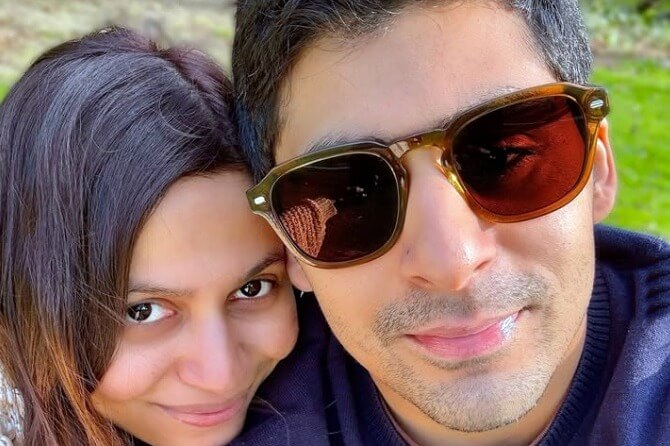
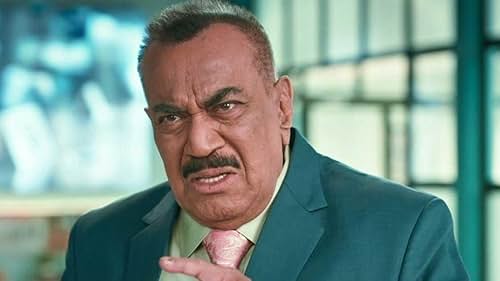

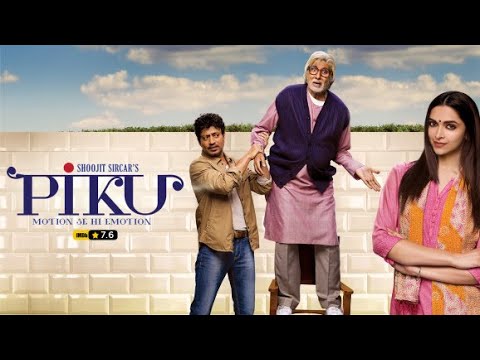


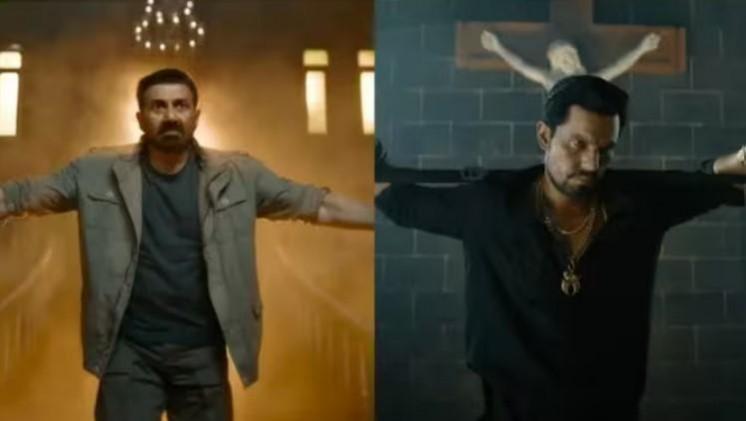
.jpg)


